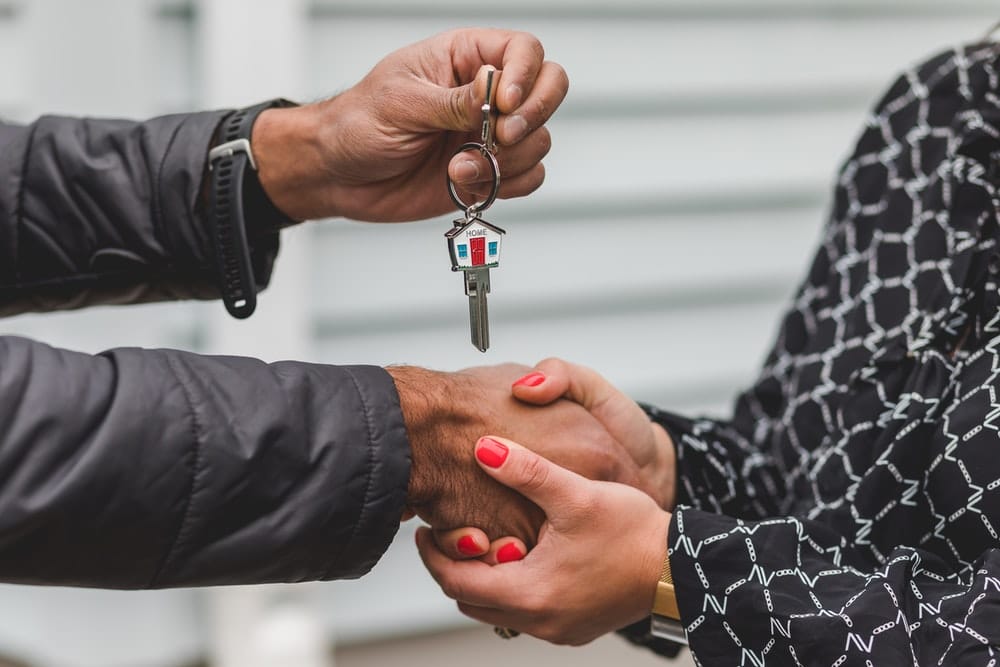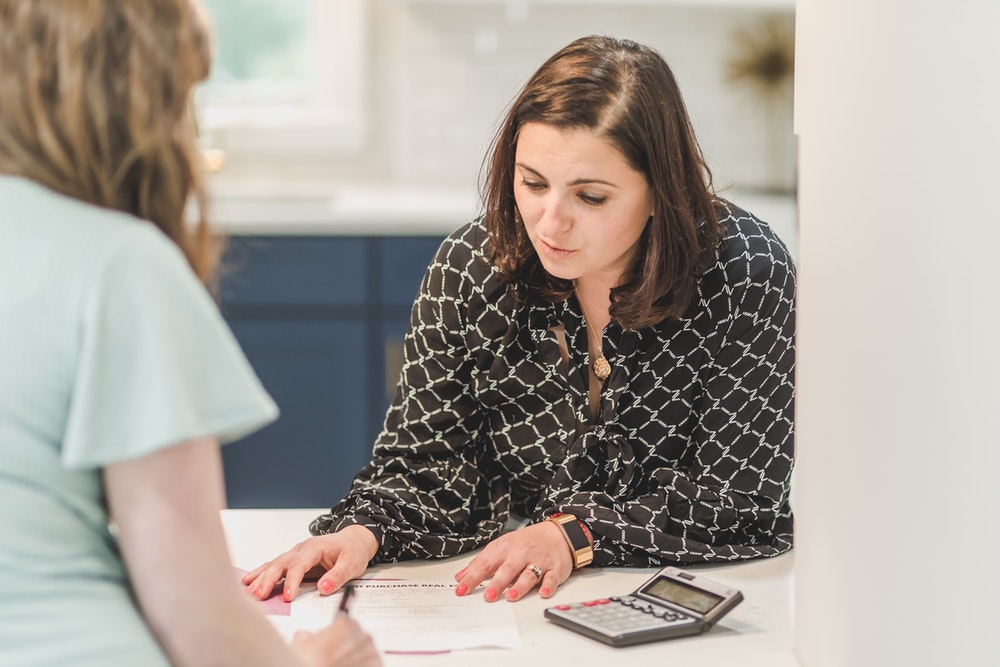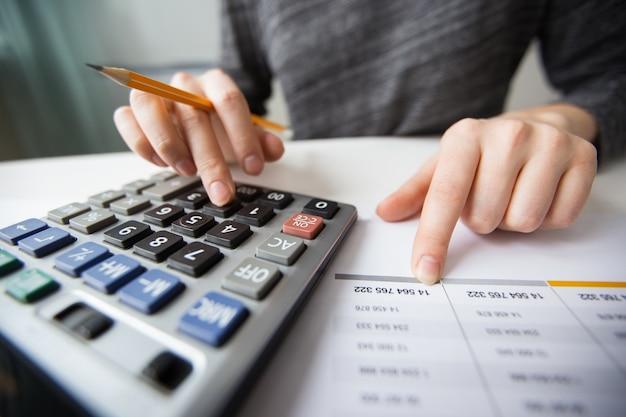When you’re looking to buy a home, you’ll have a lot of questions. And one of the biggest questions will be “how much can I borrow?”
There are many factors that come into play when your mortgage lender determines how much they’re willing to lend you. This includes your income, credit score, and the down payment you’re planning to make on the home.
If you want to get a Mortgage With No Job But have a Large Deposit, and want to know whether that will allow you to borrow more money for a mortgage loan, we’ve put together this guide to help answer some of the most commonly asked questions about how your deposit size could impact your borrowing power.
Can I Get A Mortgage With No Job But a Large Deposit?
Can you Get A Mortgage With No Job But a Large Deposit? The answer to this is yes, you can get a mortgage without having a job, If you can prove that you have savings or assets that are worth 75% or more of the value of the property, some lenders will consider offering you a mortgage.

Numerous consumers believe that these mortgage loans do not exist, or that they are hard to obtain. However, many lenders specialize in no-income-verification loans, and dealing with them can be very beneficial to you, depending on your circumstances.
How Do Mortgage Lenders Determine Income?
Lenders consider various factors when determining how much home buyers can afford to borrow.
Two of the most important are debt-to-income ratio and credit scores. Debt-to-income ratio is the percentage of your gross monthly income that goes toward payments for rent or mortgage, credit cards, car loans or other debt.

For example, if your gross monthly income is $3,000 and all of that goes toward paying off debts except $1,000 per month for living expenses such as rent or mortgage payments, utilities, and food, you would have a 33% debt-to-income ratio ($1
However, as a borrower, you don’t want to be punished because you don’t have a job when you’re confident in your capacity to repay a mortgage loan. Smaller loan payments are especially beneficial if you’ve recently lost a job and are concerned about your monthly budget.
Unemployment Mortgage Verification Checklist
To get pre-qualified for this program, you’ll need the following:
- Your government-issued identification (driver’s license or, if a permanent resident, a Green Card)
- Your bank statements for the previous 60 days, show sufficient funds for a 25% down payment + reserves (amount varies depending on loan amount) + closing charges.
- A minimum FICO score of 700 is required.
- An application that has been completed
Will putting down a larger deposit help me receive a better mortgage rate?
A larger down payment helps lower your monthly mortgage payments. The more money you have to put into a home, the lower the risk you represent. Mortgages are classified by their loan-to-value ratios by high street banks and lenders (otherwise known as LTV).
Lets Consider a scenario, you could get a $200,000, 30-year fixed-rate mortgage with a 4.25% interest rate if you put 20% down. But if you only put 10% down for a $200,000 house, your interest rate will go up to 4.5%.

When you put more money down on a home, it shows banks that you’re more serious about the property. It also gives you more equity upfront so that you won’t be underwater — or owe more than the home is worth — if real estate values decline. And if the home’s value goes up, you’ll benefit from that increased equity too.
The LTV of a Mortgage Loan is the ratio of the mortgage amount (the amount you borrow) to the property’s worth. To put it another way, if you had a 10% deposit, you’d require a mortgage with a 90% LTV. As a result, most lenders follow the rule that the higher your deposit, the lower your mortgage rate will be.
This is because a greater deposit will pay off a larger portion of the property’s worth, resulting in you borrowing less and a lower loan-to-value ratio. Lenders frequently offer rate ranges in which rates decrease. They become less expensive in this manner because the more equity you have, the lower the risk you pose to the mortgage provider if your home loses value.
What is considered a large deposit for a mortgage?
A large deposit for a conventional mortgage is equal to 50% or more of the total monthly income used on the loan application. A significant deposit of 25% or more of your income is required for a USDA loan.
Note: For an FHA loan, a substantial deposit of 1% of the home’s sale price is required, whereas, for a VA loan, a deposit of 2% is required.
If you make $5,000 per month and have a $2,500 deposit on your bank statement, your lender’s underwriting team will want to know where the money came from and if you need to repay it.
However, depending on the sort of loan you use, the hefty deposit need may differ. Any deposit that exceeds 25% of your qualified income must be verified with a USDA loan. Deposit requirements for FHA and VA loans are determined by the home’s sale price.
How To Get A Mortgage If You Don’t Have A Job
It is not impossible to obtain a mortgage while unemployed, but it will need a little more effort and imagination to meet the typical refinancing standards. Unemployment income is frequently rejected by lenders as proof of income for a loan.
Contract or seasoned workers and employees who are members of a union are exempt. Here are several options for obtaining or refinancing a loan without having a job.
- Make A Larger Down Payment deposit
While lenders want to see proof of income, they recognize that a borrower’s inability to make monthly mortgage payments is not necessarily due to a lack of work.
You may be able to be accepted with a decent credit score and history if you have saved or invested assets and can make a greater down payment to alleviate lender concerns about your lack of income.
A higher down payment, according to the records, results in a lower interest rate and a smaller balance, both of which translate to more manageable monthly payments.

- Seek the advice of a counselor.
If you’re not sure where to begin, speaking with a professional about what you’ll need to receive or refinancing your loan is a good place to start. For example, the United States Department of Housing and Urban Development (HUD) provides a list of free or low-cost counseling programs in your area.
They’ll be able to assist you in creating a budget or cleaning up your credit if necessary. It could assist you in locating the appropriate government-backed loans, such as FHA loans for low-income borrowers or those with bad credit, VA loans for our country’s veterans and their families, or USDA loans for rural properties. They’ll also be able to discuss the many mortgage options available to property buyers.
- Try finding a co-signer
Having a mortgage co-signer who is employed or has a high net worth can help you qualify for a mortgage without a job. A co-signer signs your mortgage physically to add their income and credit history to the loan’s security. In other words, if you are unable to make your mortgage payments, your co-signer will be responsible.
Finding a mortgage co-signer can help you get a mortgage or refinance even if you don’t have a steady source of income. A co-signer is a person who promises the lender that if you don’t pay your mortgage, they will. Depending on the type of loan you’re receiving, a co-signer can also help someone with a low credit score.
When it comes to the qualifying credit score, most mortgage investors look at the lowest median credit score among two or more borrowers. Before agreeing to co-sign, make sure your co-signer understands the responsibility they’re taking on. If you don’t pay back your loan, they’ll be held legally liable.
Where can I get a big deposit for a mortgage?
Do you need tips for securing a large deposit? This section is for you. Let your loan officer know as soon as possible if you plan to receive a gift toward your home purchase, a hefty bonus, an inheritance, or another large quantity of money before your closing.
They’ll clarify what constitutes a big deposit for your loan type, as well as the types of papers you’ll need to provide. The details of how to document your substantial deposit will vary depending on the loan program and the source of funds.
Case Study
Assume you had a great aunt who, in her will, left you a $100,000 bequest. The will and probate process will have been meticulously documented, and you’ll have a paper trail to prove how and when you received the funds.
You might have recently won a $10,000 bonus for achieving your sales goals. Your lender may want documents from your employment, as well as transaction logs proving the funds were sent by the company.

Perhaps you just sold your car and plan to use the funds to buy a new house. In that situation, you’ll very certainly have to provide the sale receipt, deposit slip, or bank account statement. The sooner you inform your lender of any recent or anticipated substantial deposits, the better. They’ll inform you exactly what you need to present as proof of the deposit’s origin.
Conclusion
It’s difficult, but not impossible, to get a mortgage when you’re unemployed. Having a hefty deposit on your bank record isn’t always a bad thing when it comes to securing a mortgage.
However, before the purchase can proceed, you must produce the proper documentation and ask the underwriters questions. The sooner you tell your lender about any recent or future substantial deposits, the fewer roadblocks you’ll have on your way to purchasing your home.
- Where Can I Withdraw Money From My Reliacard? - July 3, 2025
- A Practical Guide to Post-Holiday Budgeting - July 3, 2025
- [Explained] Does Zelle Accept Prepaid Cards? - July 3, 2025


